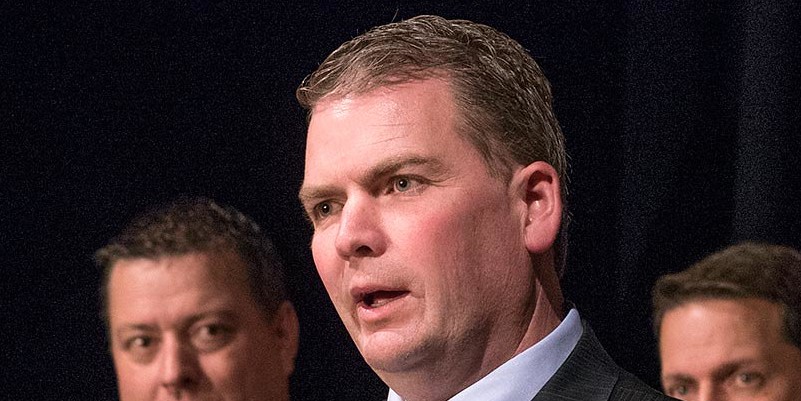P.E.I. government delivers modest tax relief but fiscal clouds loom large

When Finance Minister Jill Burridge delivered Prince Edward Island’s 2023/24 budget on Thursday, highlights included increased spending, a fourth consecutive budget deficit and rising debt. While the budget did include modest relief on personal income taxes for Islanders, the province’s deteriorating fiscal situation remains a major concern.
Prior to the budget, we argued that P.E.I. should restrain spending and balance its budget this year. Research has shown that under the King government, spending is already at all-time highs. With revenues also growing steadily, this year’s budget presented an opportunity to solidify the balance sheet and reduce debt. By this measure, the government has failed.
On a per-person basis, program spending (total spending minus debt charges) will top $16,826 this year, another record high (even after adjusting for inflation). Not only is this tied for the highest spending year in P.E.I. history, but it puts the province among the top three highest-spending provinces on a per-person basis.
Correspondingly, the King government plans to deliver its fourth straight budget deficit this year, with additional deficits projected in each of the next two years. In fact, the government has detailed no plan whatsoever to balance the budget.
The costs of this approach are clear. As a result of these deficits, P.E.I.’s net debt will top a projected $2.8 billion this year, and reach nearly $3.2 billion by 2025/26. To service this debt, the province will pay $163 million in debt interest costs this year, a number that will likely continue to rise as long as the King government puts off balancing the budget. It’s important to remember that this is taxpayer money that can’t be used on other important priorities such as health care, education or tax relief.
Speaking of tax relief, the government did implement some modest reductions to personal income taxes. The province’s basic personal exemption (the amount of income where no personal income tax is levied) is set to increase from $12,000 to $12,750 this year and reach $13,500 next year. But the government also announced measures to increase other tax brackets, which according to the finance minister, will benefit “almost all” Islanders with tax savings.
To be sure, tax relief is welcome news as P.E.I. stands among the highest-taxed jurisdictions in North America when it comes to personal income taxes. However, there are at least two problems with the government’s approach.
First, the province is one of only four provinces in Canada that does not fully “index” personal income tax brackets to account for inflation. Indexing tax brackets involves making adjustments on a yearly basis to account for the general increase in the price of goods and services. As we’ve argued before, P.E.I. should eliminate this hidden tax increase and join the majority of provinces by adjusting tax brackets yearly. According to the budget speech, this year is the first time P.E.I. has adjusted tax brackets for inflation in 15 years. This means this year’s marginal tweaks will not come close to making up for 15 years of hidden tax increases. While some tax relief is better than none, the province should consider indexing its tax brackets rather than making ad hoc adjustments.
Second, the King government’s record-high spending means that any substantial tax relief is a long way from reality. As long as the government continues to run deficits and increase debt, it will likely not be in a position to meaningfully improve P.E.I.’s lack of competitiveness with other provinces and U.S. states on personal income taxes.
In sum, P.E.I.’s budget for fiscal year 2023/24 marked more of the same for the King government—big spending, debt and deficits and a weakening of the Island’s fiscal position. While tax relief is an important priority and the modest measures in the budget are welcome news, the government has missed the mark by failing to solidify the province’s finances.

